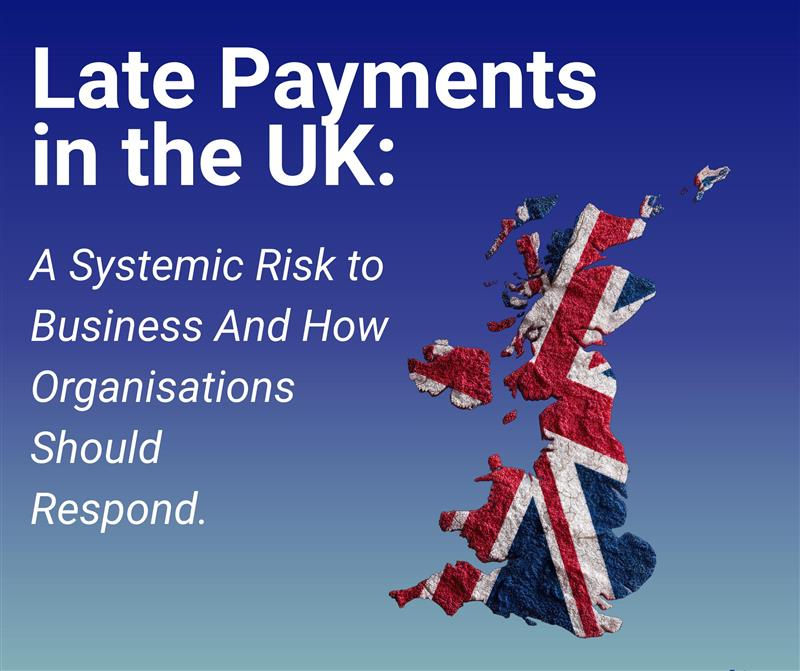Finding the Right Way to Connect with Gen Z in Debt Collection – From Someone Who Is Gen Z
- lilia9412
- Jun 23, 2025
- 3 min read
Updated: Jun 24, 2025
Working at APD Services, in an industry were connecting with people is central to everything we do, I started asking myself: Are we actually connecting with people like me?
I’m Gen Z. I’ve grown up in a world of smartphones, social media, group chats, and apps that work instantly. So naturally, I got curious. How does our industry - especially debt collection - connect with a generation that doesn’t open letters, rarely reads emails, and blocks unknown WhatsApp numbers without a second thought?
So, I started doing some research. And I was honestly surprised by what I found.

Conflicting Opinions Everywhere
Some people say email is dead. Others claim Gen Z still checks it. Then I’d see older professionals (mostly white men in their 60s) suggesting WhatsApp as the solution. But let me be real: if someone tried to contact me, or any of my friends, about something official through WhatsApp, that number would be blocked immediately.
So I decided to go beyond articles and stats. I asked my friends. I asked my colleagues here at APD Services. I wanted to understand what actually works when trying to reach Gen Z, especially around sensitive things like fines, missed payments, or council tax.
Email Isn't Dead-But It's Not Enough
While some of us still use email for university or work, it’s not our go-to. Research backs this up:
67% of Gen Z say they rarely or never use email to communicate with friends and family.
31% of Gen Zs and Millennials have over 1,000 unread emails in their inbox.
Most of us rely on messaging apps or platforms like Instagram, Snapchat, and TikTok.
That said, email isn't totally useless. It just has to be relevant, personal, and mobile-friendly. If it's a generic, cold message, it's ignored. If it looks like it was built for desktop in 2005? Deleted.
Trust, Tone, and Timing
One of the biggest gaps between debt collection and Gen Z is tone. We're not just looking for instructions, we want context. We want to understand why we’re being contacted, how we can fix it, and what our options are.
Gen Z isn’t afraid to talk about money; we just don’t like being talked at. We want help, not threats. And we respond better to something that looks and feels like it was made for us, not our grandparents.
The Debt Numbers Are Real
This isn’t just a messaging problem, it’s a real-life issue. According to a survey by Lowell:
The average Gen Z adult in the UK owes £5,069 in debt.
13% owe more than £10,000.
48% say their main debt is from credit cards, followed by buy-now-pay-later (19%) and payday loans (10%).
61% say their financial decisions are already affecting their future goals.
Requests for debt repayment breaks rose by 25% this year.
That tells me two things:
Gen Z is already dealing with a lot of financial pressure.
We need real, honest support, not outdated systems or cold emails.
So, What Actually Works?
Through all my research, conversations, and personal experience, here’s what I’ve learned about how to connect with Gen Z in a meaningful way:
Don’t rely on email alone. Use it, but only if the content is relevant, personalized, and mobile-optimized.
Avoid WhatsApp. For many of us, it's for friends and family only. Any unknown message is seen as intrusive.
Be transparent. We value clarity. We want to know what’s going on and what our options are, without judgment.
Make it mobile-first. If your communication isn’t built for mobile, we’ll bounce immediately.
Use the platforms we live on. Social media isn’t just entertainment, it’s where we learn. Informative videos or posts on Instagram, TikTok, or even YouTube are far more likely to land than a long PDF or formal letter.
Speak like a person, not a policy. Gen Z can tell when something’s written by a robot or copied from a template.
Final Thoughts
At the end of the day, the issue isn’t just about technology, it’s about relevance. Gen Z isn’t unreachable. We just want to be approached in ways that reflect how we live, talk, and connect.
The challenge for debt collection, and financial services in general, isn’t to find more ways to send messages. It’s to rethink how those messages are delivered, and why they matter to the people receiving them.
If you want Gen Z to engage, you have to meet us where we are: on the apps we use, in the language we speak, and with content that feels made for us. At APD Services, we listen, we learn, and we adapt, making sure every person we contact is approached in the right way

_edited.png)



Comments